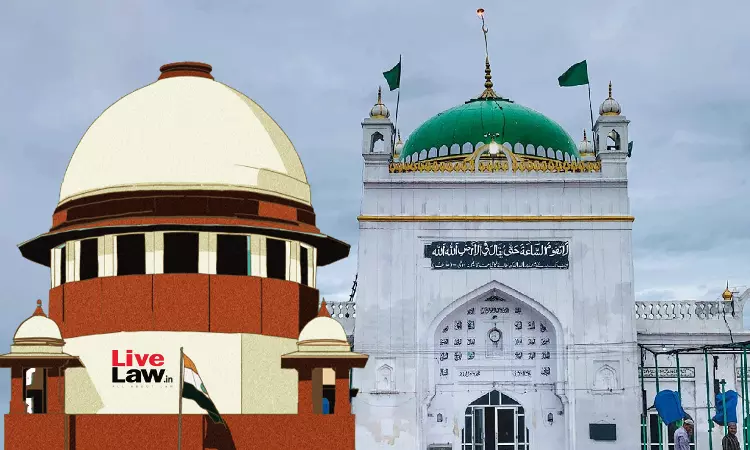The Supreme Court today (January 10) restrained Uttar Pradesh authorities from giving effect to any notice issued regarding the well near the Sambhal mosque, including the notices/posters put up by the Sambhal Municipality.The bench of Chief Justice of India Sanjiv Khanna and Justice Sanjay Kumar was hearing the petition filed by the Sambhal Shahi Jama Masjid Committee challenging the...

